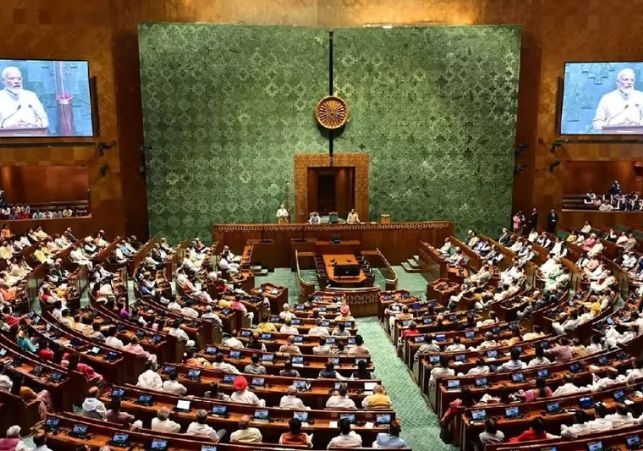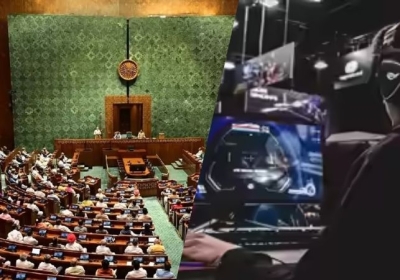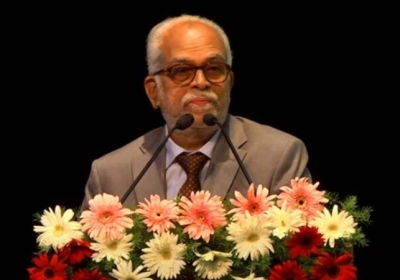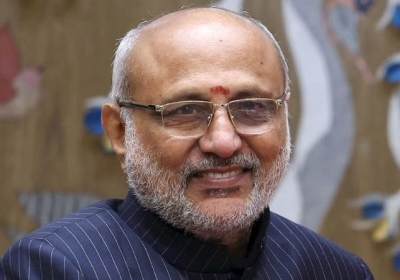PM, CM, and Ministers to resign if jailed for 30 days- New bill to pass in Parliament today


PM, CM, and Ministers to resign if jailed for 30 days- New bill to pass in Parliament today
Digital Desk: On Wednesday, talks centered on introducing a bill in parliament to remove elected representatives who have been arrested or jailed on serious criminal allegations from office. The proposed law will apply to the Prime Minister, Union Ministers, Chief Ministers, and Ministers of Union Territories.
In order to remove elected officials who are detained or arrested on serious criminal charges, Union Home Minister Amit Shah has introduced three new bills in the Lok Sabha.
The Prime Minister, Union ministers, Chief Ministers, and ministers of Union Territories will all be impacted by the proposed legislation, which includes the Government of Union Territories (Amendment) Bill 2025, the Constitution (One Hundred and Thirtieth Amendment) Bill 2025, and the Jammu and Kashmir Reorganisation (Amendment) Bill 2025.
According to Home Minister Amit Shah, this bill is essential to upholding constitutional principles and good governance. If a minister is arrested on serious crime charges and stays in office, he said, it could be a threat to good governance and constitutional values.
How does the resignation system work-
- In situations where the sentence is five years or longer, this rule of removal will be in effect.
- The minister or chief minister will have to step down right away if he is not granted bail within 30 days.
- On the 31st day following the post holder’s arrest, the holder will be deemed removed from his position if he does not resign even after 30 days.
The bill also states that once prime ministers, chief ministers, or ministers are released from detention, the president or governor cannot prevent them from being reappointed. That is, following release, the ministerial position may be reclaimed.
As of right now, ministers have been at ease to stay in their positions even after being arrested. Nonetheless, one must abide by any orders issued by the Supreme Court.









